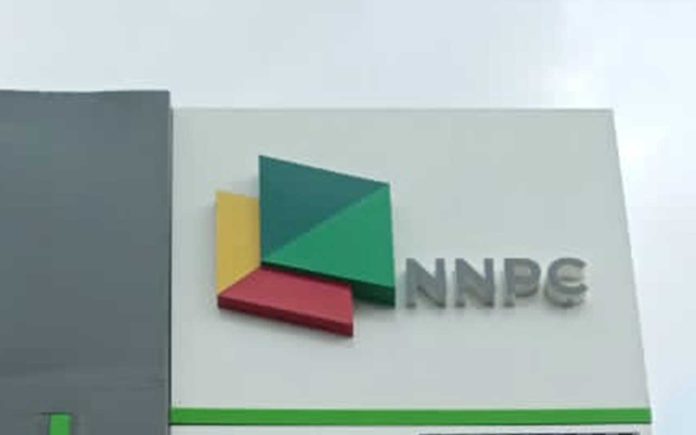The Socio-Economic Rights and Accountability Project (SERAP) has filed a lawsuit against the Nigerian National Petroleum Company (NNPC) Limited over what it describes as a failure to account for N500 billion in oil revenue allegedly not remitted to the Federation Account between October and December 2024.
The legal action follows a disclosure by the World Bank that out of N1.1 trillion in crude oil sales and other earnings reported by NNPCL in 2024, only N600 billion was paid into the Federation Account, leaving a balance of N500 billion unaccounted for.
In response to a Freedom of Information (FoI) request filed by SERAP, the NNPCL, through its legal representatives, Afe Babalola and Co, argued that the FoI Act does not apply to it. Dissatisfied with the reply, SERAP approached the Federal High Court in Lagos with a suit numbered FHC/L/MSC/553/2025, seeking a judicial order to compel the NNPCL to disclose and explain the alleged shortfall.
The organisation is asking the court to grant “an order of mandamus to direct and compel the NNPCL to account for the alleged missing N500 billion, which it allegedly failed to remit to the Federation Account between October 2024 and December 2024.”
SERAP is also seeking a further order compelling the company to invite relevant anti-corruption agencies to investigate the handling of the N500 billion and ensure the prompt recovery and remittance of the funds. Additionally, it wants the NNPCL to identify individuals suspected of responsibility for the shortfall, surcharge them accordingly, and hand them over to investigative authorities for possible prosecution. In the suit, filed by Kolawole Oluwadare, Ms Oluwakemi Oni, and Ms Valentina Adegoke on behalf of SERAP, the group maintains that NNPCL has a constitutional and legal duty to comply with provisions of the Nigerian Constitution, the Freedom of Information Act, and international human rights and anti-corruption standards.
According to SERAP, the missing oil revenues have further damaged the already precarious economy in the country and contributed to high levels of deficit spending by the government and the country’s crippling debt crisis.
The statement continues: “Nigerians continue to bear the brunt of these missing public funds from the NNPCL meant for the economic development of the country. There is a legitimate public interest in providing the details sought. The NNPCL has a legal responsibility to account for and explain the whereabouts of the missing oil money. The country’s oil wealth ought to be used solely for the benefit of the Nigerian people, and for the sake of the present and future generations.”
Citing national and international legal provisions, SERAP added: “The Freedom of Information Act, Section 39 of the Nigerian Constitution, article 9 of the African Charter on Human and Peoples’ Rights, and article 19 of the International Covenant on Civil and Political Rights guarantee to everyone the right to information on the whereabouts of the missing N500 billion of oil revenue.” No date has been set for the hearing of the case.
THE GUARDIAN


